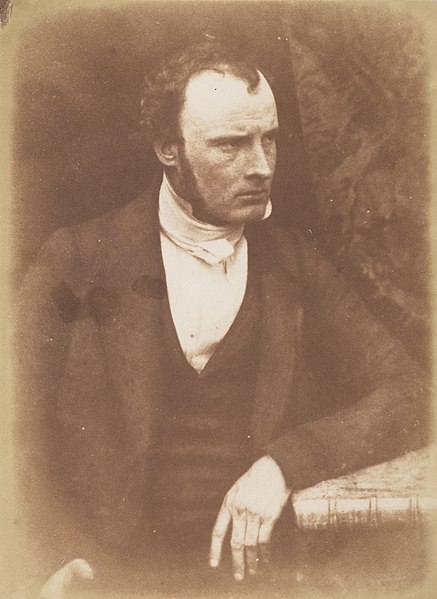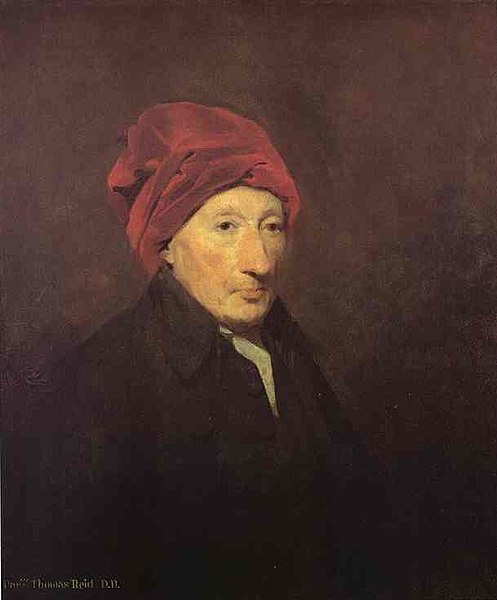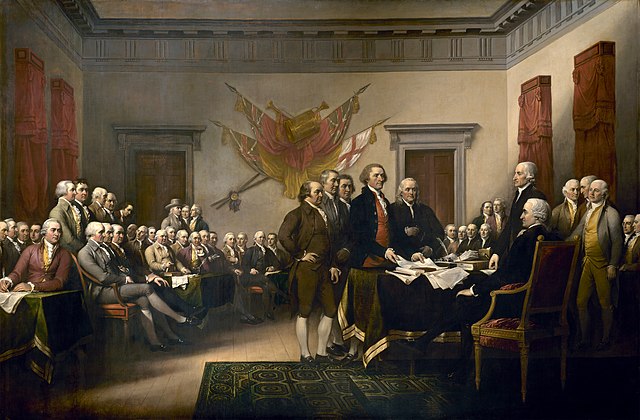James McCosh was a philosopher of the Scottish School of Common Sense. He was president of Princeton University 1868–88.
James McCosh by Hill & Adamson
A lecture room in McCosh Hall at Princeton University
Scottish common sense realism
Scottish common sense realism, also known as the Scottish school of common sense, is a realist school of philosophy that originated in the ideas of Scottish philosophers Thomas Reid, Adam Ferguson, James Beattie, and Dugald Stewart during the 18th-century Scottish Enlightenment. Reid emphasized man's innate ability to perceive common ideas and that this process is inherent in and interdependent with judgement. Common sense, therefore, is the foundation of philosophical inquiry. Though best remembered for its opposition to the pervasive philosophy of David Hume, Scottish common sense philosophy is influential and evident in the works of Thomas Jefferson and late 18th-century American politics.
Thomas Reid
David Hume
Declaration of Independence, a painting by John Trumbull depicting the Committee of Five presenting their draft of the Declaration of Independence to the Congress on 28 June 1776. Trumbull's painting appears on the reverse of the United States two-dollar bill.
Princeton Seminary in the 1800s






